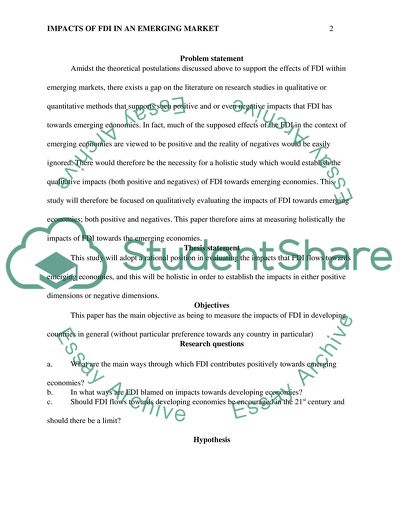Cite this document
(“Impact of Foreign Direct Investment in an Emerging Market Dissertation”, n.d.)
Retrieved from https://studentshare.org/social-science/1652648-impact-of-foreign-direct-investment-in-an-emerging-market
Retrieved from https://studentshare.org/social-science/1652648-impact-of-foreign-direct-investment-in-an-emerging-market
(Impact of Foreign Direct Investment in an Emerging Market Dissertation)
https://studentshare.org/social-science/1652648-impact-of-foreign-direct-investment-in-an-emerging-market.
https://studentshare.org/social-science/1652648-impact-of-foreign-direct-investment-in-an-emerging-market.
“Impact of Foreign Direct Investment in an Emerging Market Dissertation”, n.d. https://studentshare.org/social-science/1652648-impact-of-foreign-direct-investment-in-an-emerging-market.


